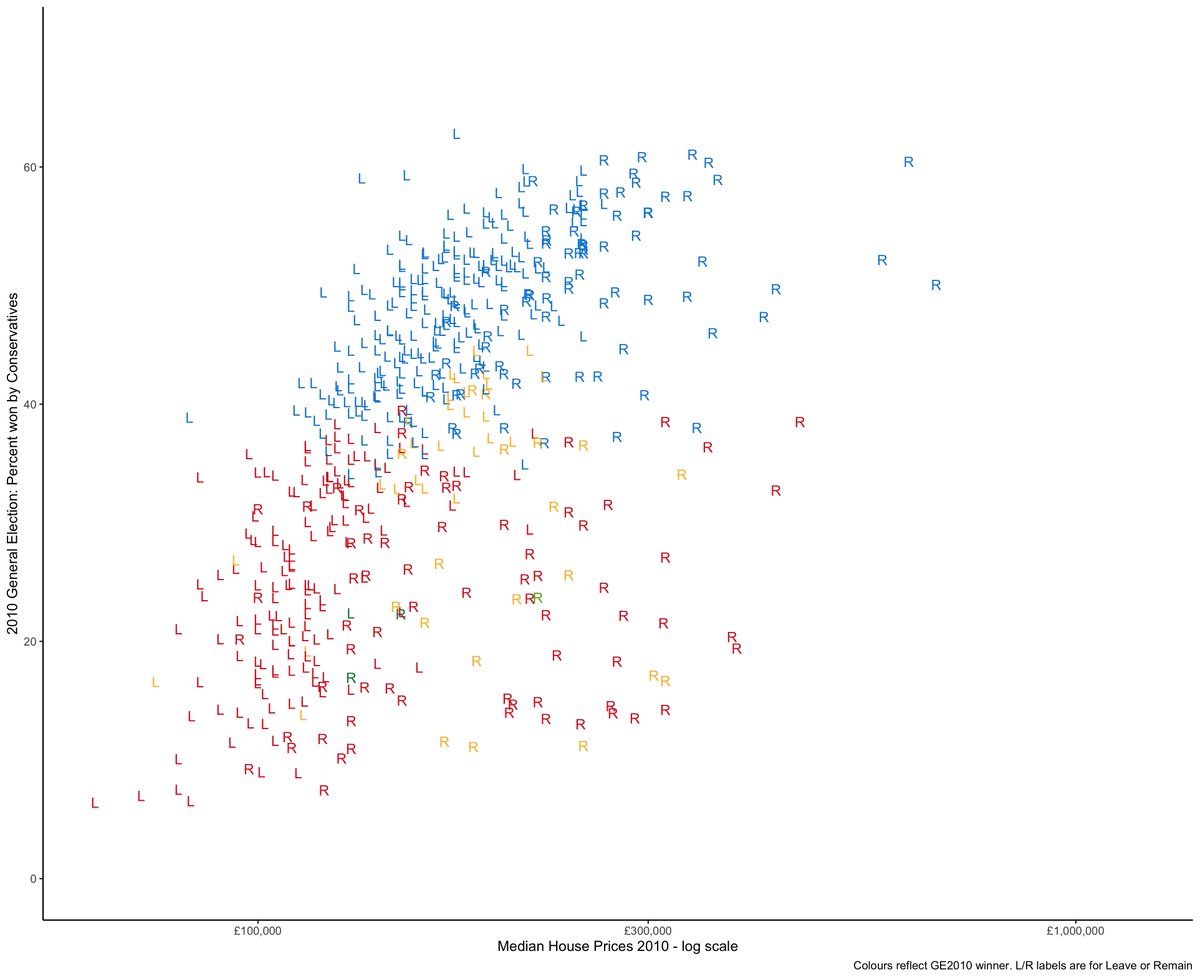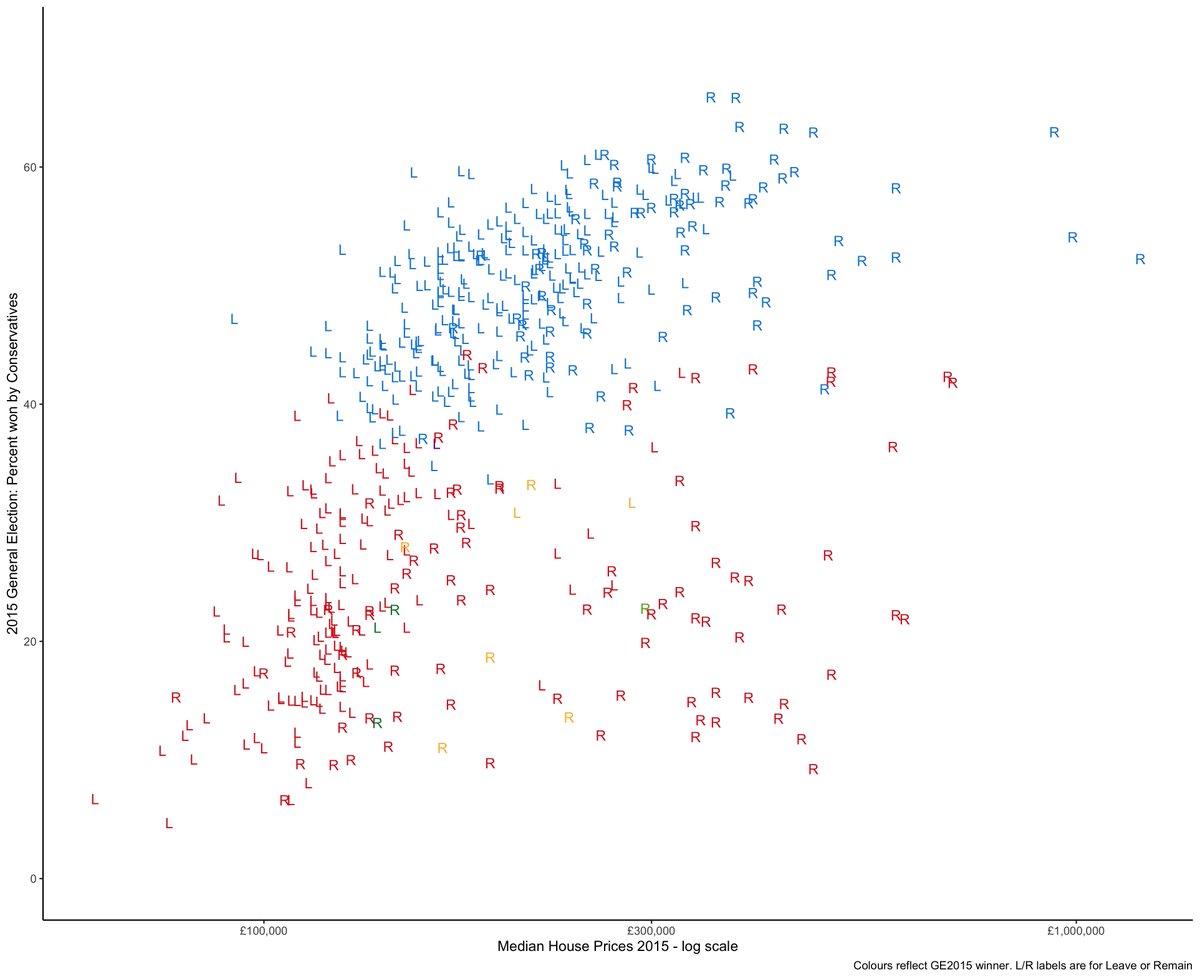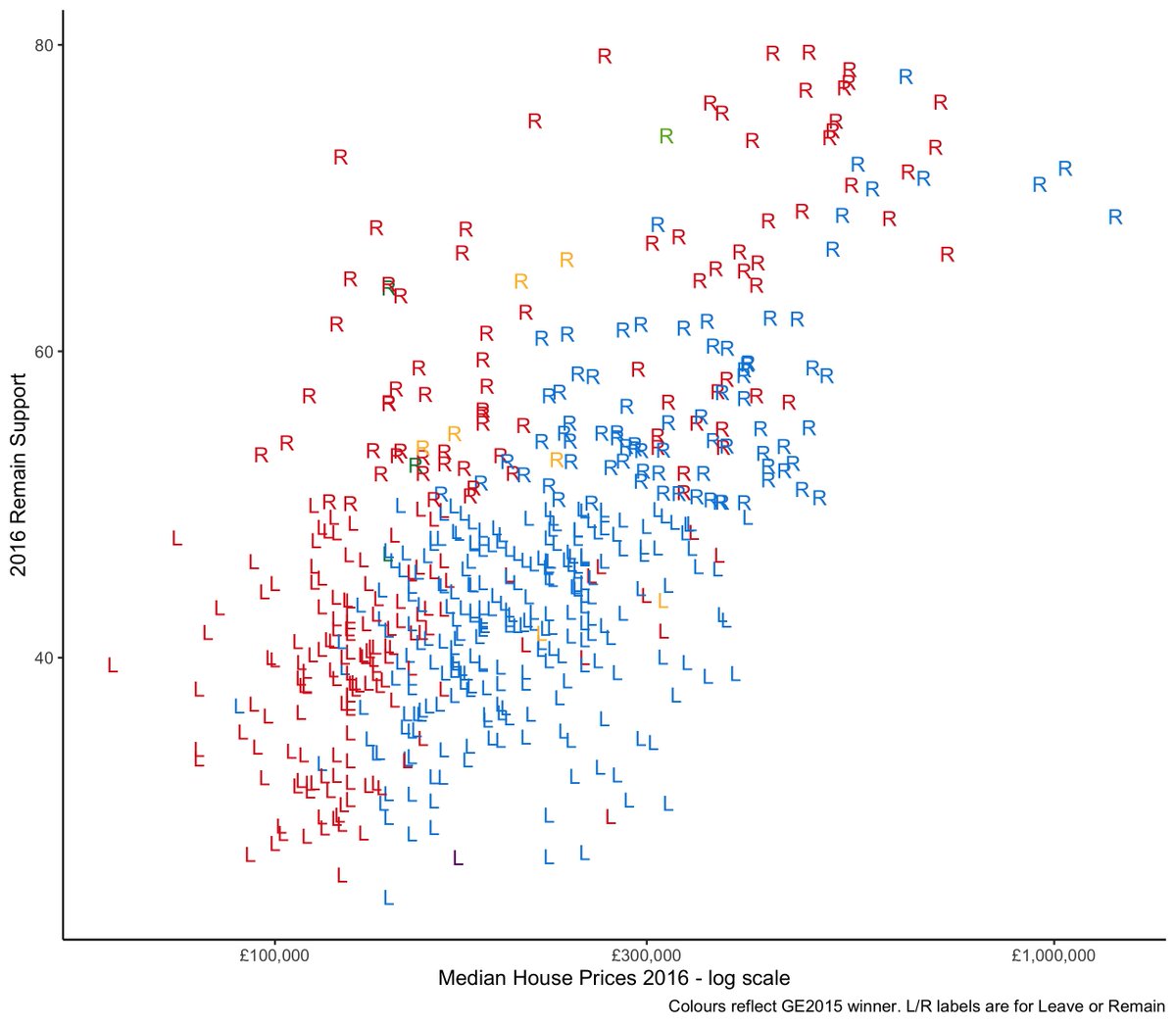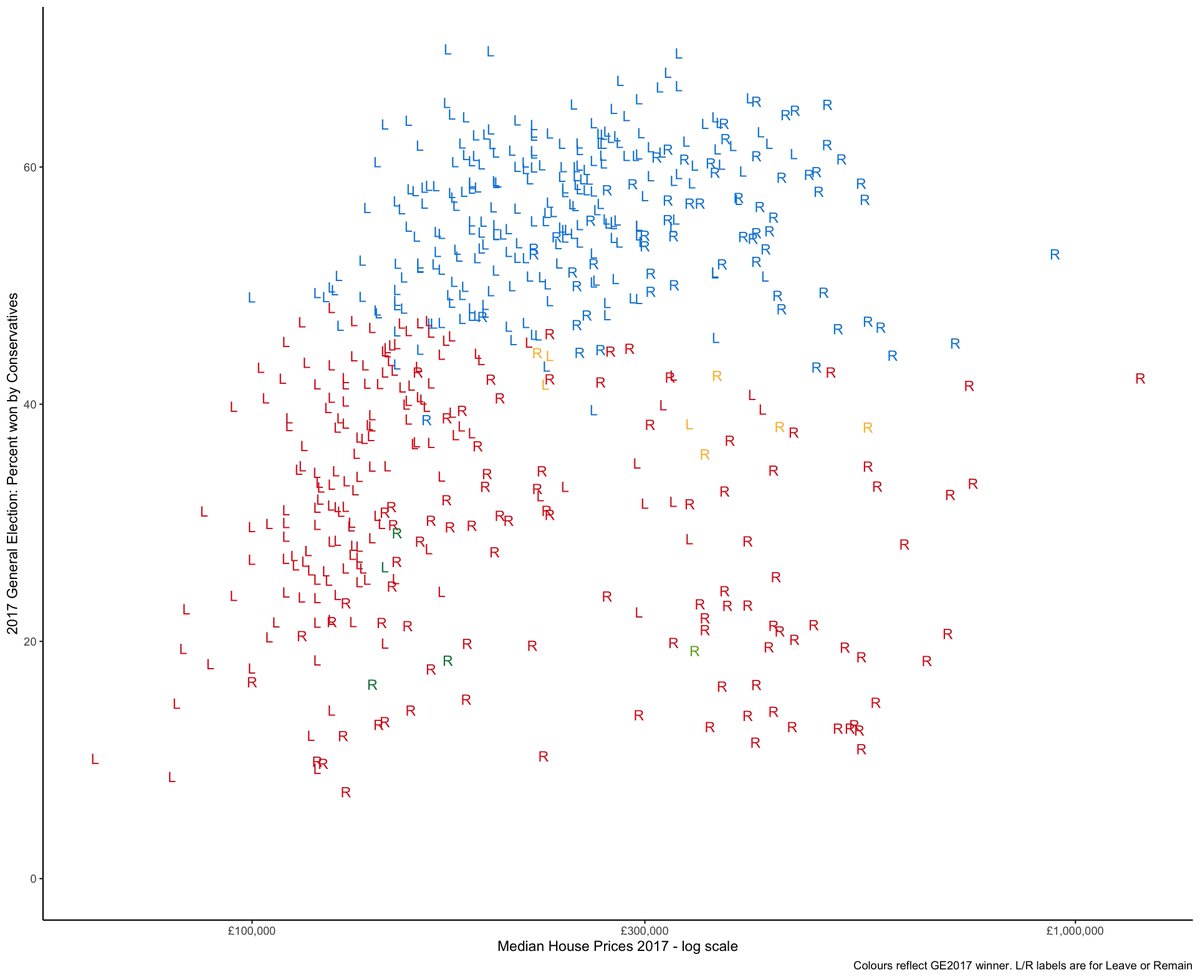
🇬🇧🇪🇺 Who caused Hard Brexit? Some thoughts from the perspective of a social scientist. In the last few days we have seen an interminable debate on whether Remainers, Soft Brexiters, or Hard Brexiters are responsible for Hard Brexit. And it’s a false debate. Why? 1/n
People are confusing 'causes of effects' with 'effects of causes'. What this means is that we are all interested in - the former - why Hard Brexit happened - but using arguments about how one actor did something - the latter - as our explanation. These are different! 2/n
It is completely possible that Remainers not accepting a customs union increased the probability of Hard Brexit - that's an effect of a cause. But that does not imply responsibility. Because there are lots of other causes producing the same effect. 3/n
When most of us think about 'responsibility' we have clear lines of cause and effect. This one person did this one thing thus they are responsible. But with Brexit we have lots and lots of actors doing lots of things and we have ended up at this one historical moment. 4/n
So Boris choosing one of his letters; May wanting to end free movement; SNP/Lib Dems/ChangeUK (remember them?) not voting for customs union; they all contributed to a higher probability of Hard Brexit. But it's all so fantastically contingent that we can't pick out one. 5/n
Since we can't choose one single 'cause' of the 'effect' of Brexit then this is not a typical whodunnit? This is Murder on the Orient Express. The whole exercise of finding a single event to blame is pointless. 6/n
Let me give a quick example. During the indicative votes farrago I was at Parliament advising MPs on voting rules. And it quickly became obvious that no rule would work because there was not even agreement on voting rules. In that scenario it's pointless to attribute blame. 7/n
We could argue LDs should have voted for customs union but we could also argue govt ministers should have voted at all, or that seeing Hard Brexit down the path Soft Brexiting Tories should have voted for a ref. But no option even had approval among MPs let alone 1st place! 8/n
So, if a PhD student came to me and said "my thesis explains why Hard Brexit happened" I'd say, frankly that's not a viable thesis. Too many different paths lead to the same outcome - a process we call equifinality. 9/n
So the whole exercise of 'who is responsible' for the causal process of Brexit occurring is basically unanswerable - at least in any simple way. Much better is to follow @Dannythefink and say "if you advocated it, you are responsible" 10/n
In other words, let's not think of responsibility as a causal process that we can't possibly resolve. Let's view it as epistemic responsibility - if you advocate an idea or a solution then you take some responsibility for how it turns out. 11/n
Brexit proper hasn't happened yet and frankly I have no certainty at all about how it will turn out (I can guess but...). So if it turns out well its advocates should get the credit and if it turns out badly the blame. Simple right? n/n
Food for thought?
@Sime0nStylites @simonjhix @robfordmancs @anandMenon1 @drjennings @sarahobolt @jillongovt @Dannythefink
@Sime0nStylites @simonjhix @robfordmancs @anandMenon1 @drjennings @sarahobolt @jillongovt @Dannythefink
• • •
Missing some Tweet in this thread? You can try to
force a refresh








